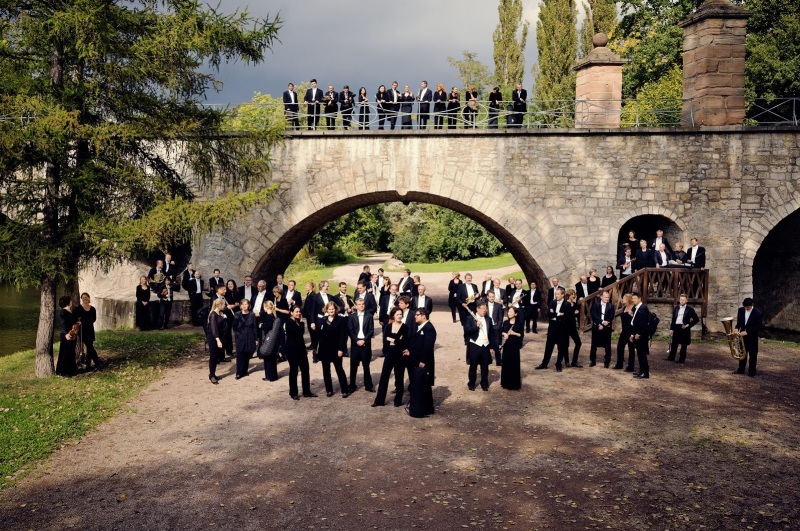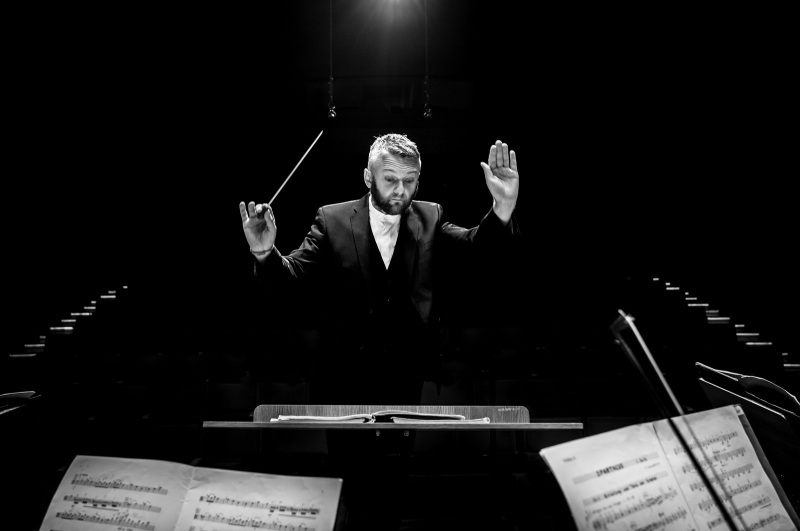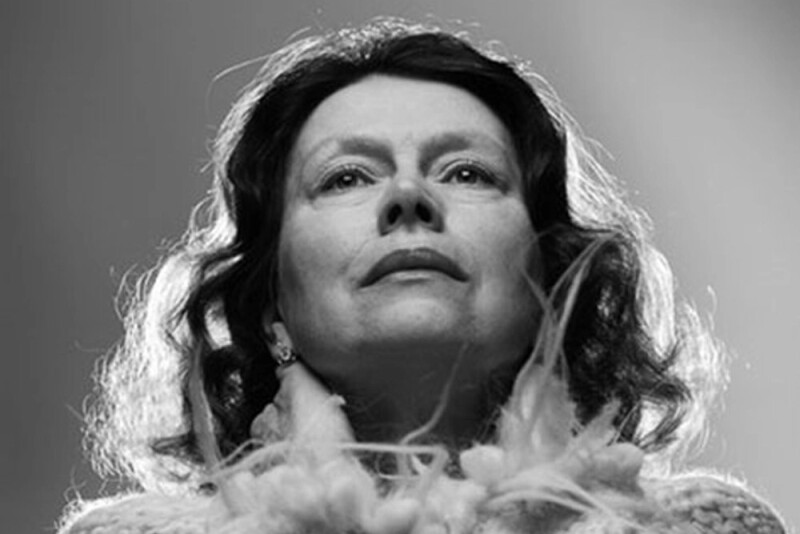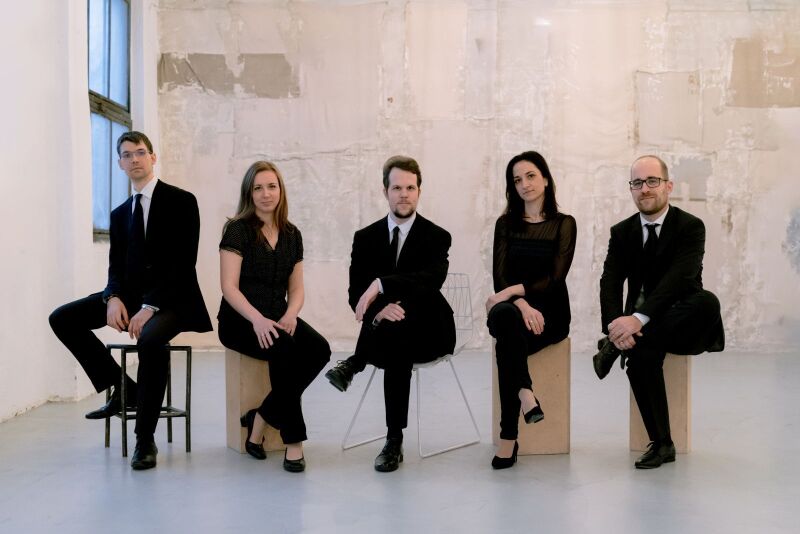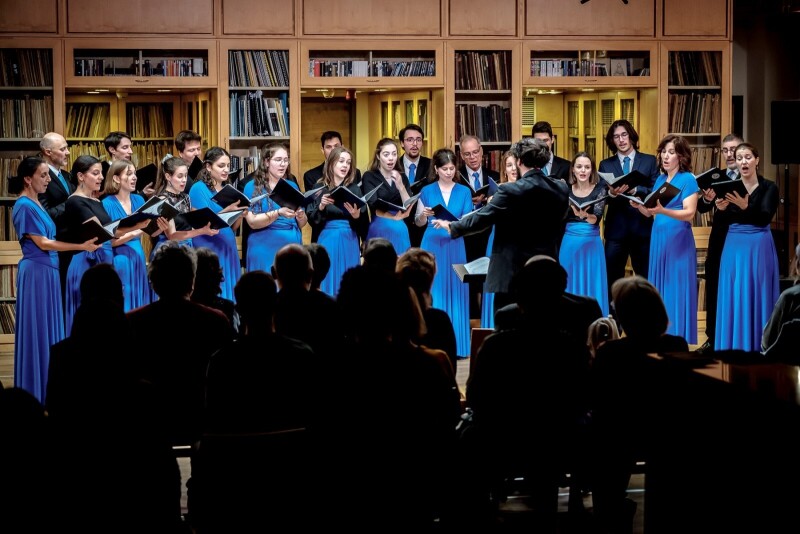Staatskapelle Weimar
22 October 2023 | 7.00 pm
Müpa Budapest — Béla Bartók National Concert Hall


#Orchestral concert
#Opera
#Classical music
Liszt:
Weimars Volkslied (Weimar Folk Song)
Liszt:
Dante Symphony
Liszt:
Sardanapalo – Hungarian premiere
Sardanapalo, King of Assyria:
Airam Hernández
Mirra, an Ionian slavegirl:
Joyce El-Khoury
Beleso, a priest:
Oleksandr Pushniak
Featuring:
Staatskapelle Weimar, Women's Choir of the Hungarian National Choir (choirmaster: Csaba Somos)
Conductor:
Kirill Karabits
130 years after the death of a composer, rarely are such works discovered that substantially alter our view of the oeuvre. Ferenc Liszt was a unique composer in this regard as well: the surviving first act of the opera he based on Byron’s tragedy was first performed in Weimar in 2018.
The manuscript of the composition was found at Weimar’s Goethe and Schiller Archive, and David Trippett, a musicologist at the University of Cambridge, thinks the music of Sardanapalo is breath-taking. It reflects the influence of Bellini, Meyerbeer and Wagner, and it combines an Italian lyricism with Liszt’s unmistakably original harmonic vocabulary. Trippett reconstructed the piece from the manuscript, and also wrote an orchestration for it, and this is the version that will be performed in Budapest.
In the first half of their concert, Staatskapelle Weimar will perform one of Liszt’s most important compositions for large orchestra, the Dante Symphony. Standing on the podium will be a luminary of international opera, Kirill Karabits, the principal conductor of Bournemouth Symphony Orchestra.
#Orchestral concert
#Opera
#Classical music
Recommendations
16. 10. 2025
Art Market Budapest
Art Market Budapest, Central and Eastern Europe’s leading international art fair and one of the largest in Europe, brings a special experience to art lovers and professionals for the 15th occasion in October 2025. Hungary’s bigest, annual...
More info
15. 10. 2025
Máté Balogh: Winter, or the Ear of the Wall
Part concert, part theatre, fusing a musical play with an oratorio and factual elements with fictional ones, this piece is set in the basement of the Budapest Embassy of Czechoslovakia, at the turn of 1944 and 1945. For months, Emanuel Zima (his...
More info


